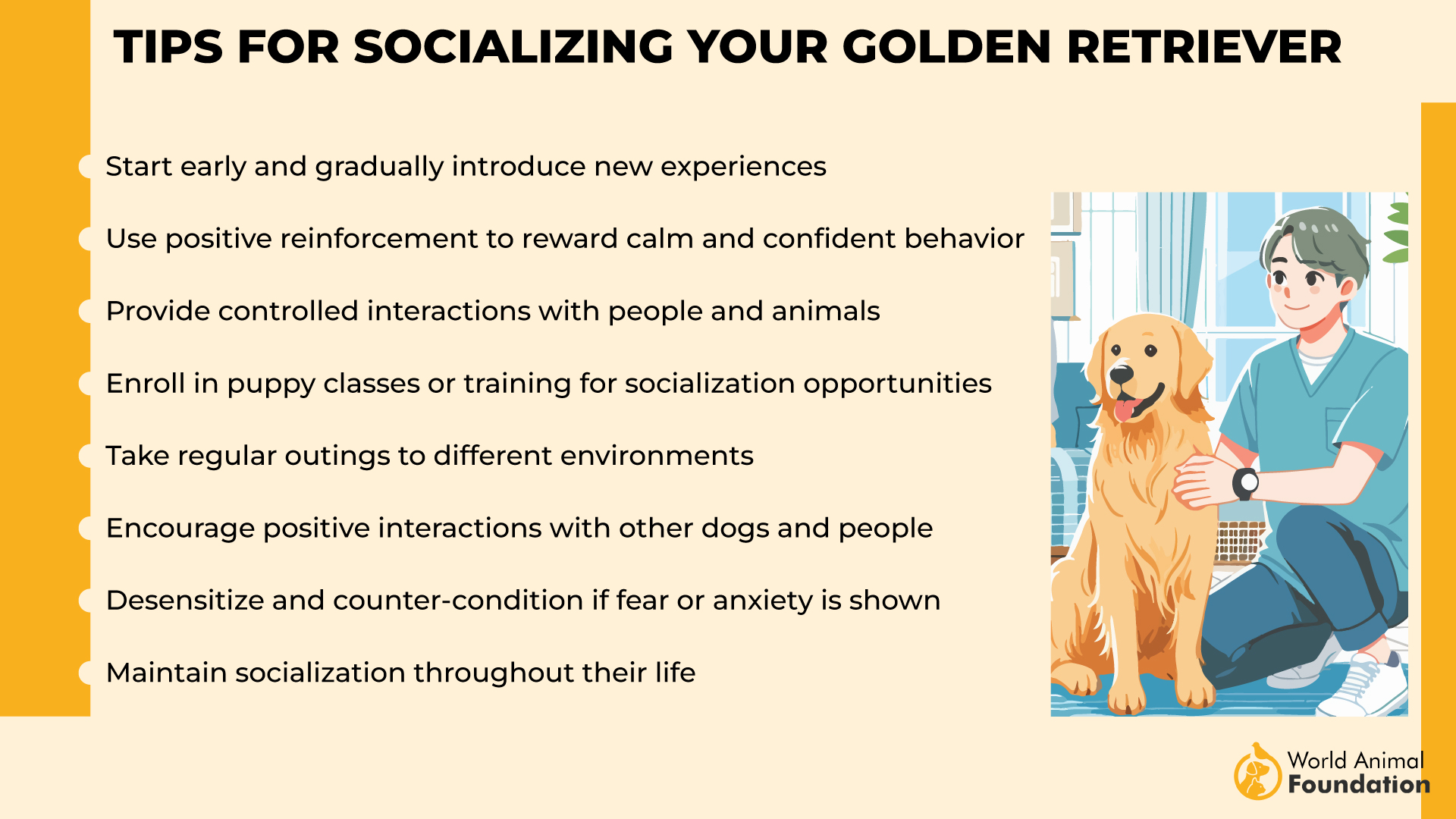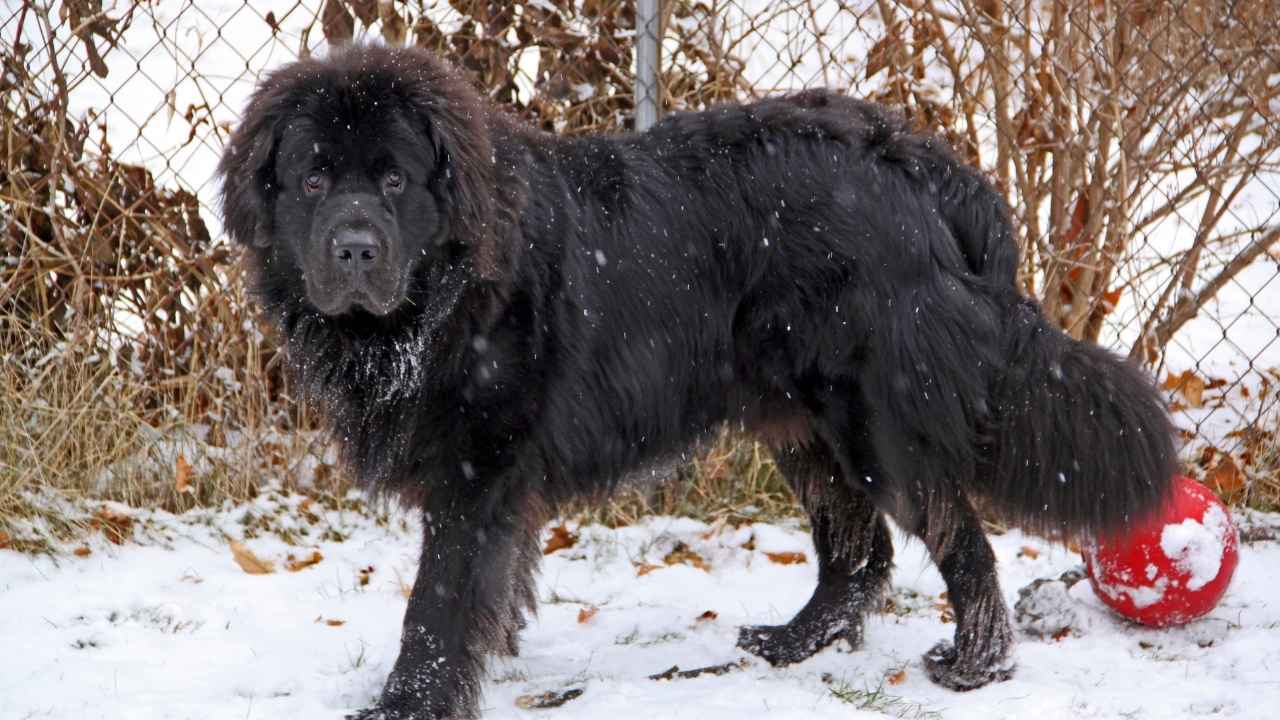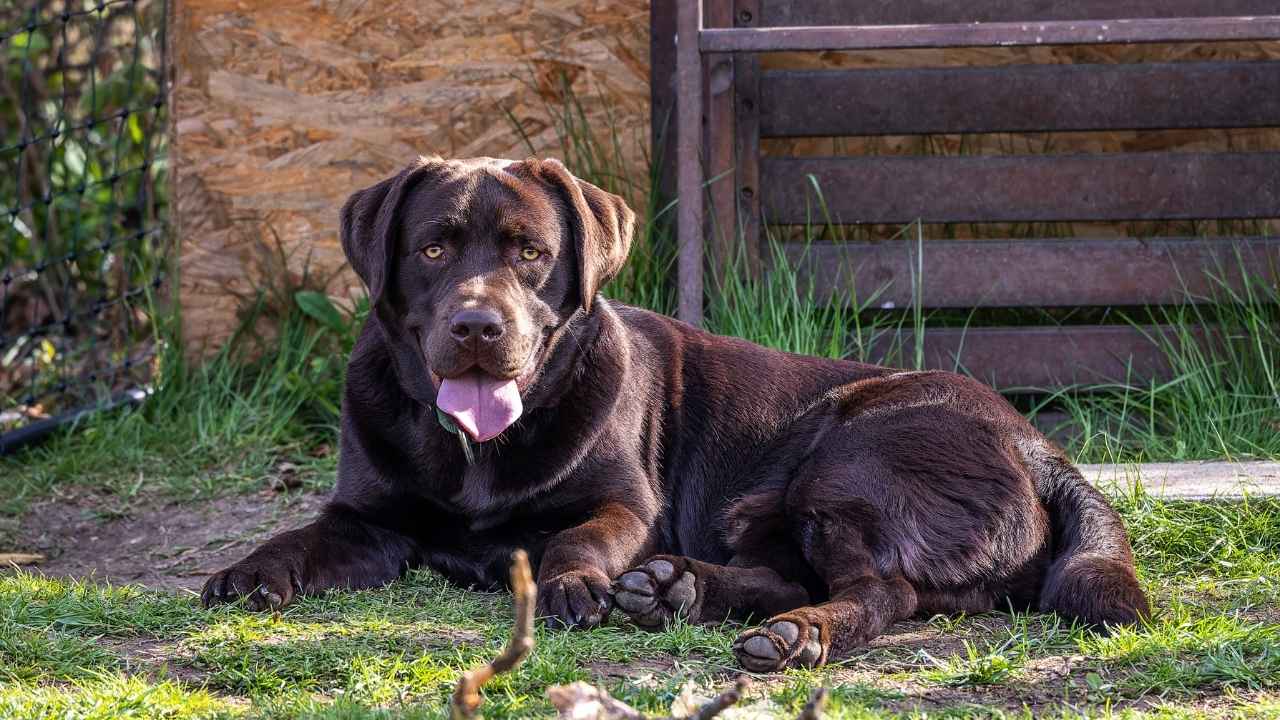When it comes to choosing a canine companion, safety and temperament often top the list of considerations for many prospective dog owners. While all dogs have the potential to bite, certain breeds are known for their gentle demeanor and reduced likelihood of aggressive behavior. In this exploration of seven dog breeds less prone to biting, we delve into the genetics, training, and characteristics that make these breeds such reliable companions. Whether you’re a seasoned dog owner or a first-time pet parent, these breeds offer both peace of mind and the joy of companionship, making them perfect additions to any home.
Dogs are truly man’s best friend, but let’s be real—those pearly whites can sometimes cause a little trouble. The good news? Some breeds are naturally gentler and less likely to bite than others! Whether it’s their sweet temperament, easygoing personality, or eagerness to please, these canine companions are perfect for families, kids, and anyone looking for a loyal and safe furry friend.
From the snuggly Shih Tzu to the goofy Labrador, we’ve rounded up seven amazing dog breeds that are known for their gentle natures. Of course, every pup is unique, but with the right love, training, and care, these breeds are more likely to shower you with kisses than chomps.
Ready to find out about dog bites or the lack of them? Let’s dive in!
Dog Breeds That Are Less Likely to Bite
1. Shih Tzu
Shih Tzus are adorable, friendly little companions, and while they’re less likely to bite compared to some other breeds, they’re not completely bite-proof. WebMD calls them sweet and playful!
Like the French Bulldog, they may nip or chew if they’re scared, stressed, or just overly excited. Most biting happens in specific situations, like dealing with separation anxiety, dental pain, or a lack of socialization. Sometimes, their playful puppy energy can lead to nipping during playtime—but don’t worry, with proper training and love, you can redirect that behavior in no time!
To prevent bites, the key is raising a happy, well-socialized family dog. Start training them young, avoid rough play, and give them plenty of love, attention, and mental stimulation. Keep up with regular grooming and dental care to make sure they’re comfortable and healthy.
Bottom line? Shih Tzus are sweethearts at heart and one of the safest dog breeds—just make sure you’re meeting their needs, and you’ll have a gentle, loving companion for life!
2. Golden Retriever
Golden Retrievers are the ultimate family-friendly fluff balls, adored for their sweet, gentle, and playful nature.
While they might nibble on your fingers or a shoe during their teething phase or out of sheer excitement, these lovable dogs are not known for biting aggressively. Thanks to their “soft mouth” instinct—originally bred to retrieve game birds without damaging them— they are more about holding things than hurting.
These hunting dogs are naturally easygoing, making them one of the safest breeds to be around, even with kids. However, like all dogs, they might nip when startled, stressed or in pain, so a little training goes a long way.
To prevent even the friendliest Golden from showcasing aggressive behaviors, start early with training, socialization, and plenty of chew toys to redirect their energy. For adult Goldens, exercise and positive reinforcement are key to keeping their golden behavior intact. With a mix of patience and care, these dogs will melt your heart rather than nip at your hand.
These incredibly gentle dogs are always eager to please, as per AKC, and their gentle temperament makes them absolute darlings in any household, especially when kids and other pets are involved.
3. Cavalier King Charles Spaniel
Cavalier King Charles Spaniels are sweet, affectionate lapdogs, and while they’re less likely to bite than many breeds, it can still happen—usually out of fear, anxiety, or frustration. These clever little pups might nip if they’re stressed, startled, or feeling ignored, but it’s more of a cry for attention or a way to communicate discomfort rather than true aggression.
Cavalier King Charles Spaniel may also bite when teething or playing, but don’t worry—it doesnt cause any serious harm. Rather, they are usually gentle and manageable in family environments.
To keep your Cavalier’s behavior golden, focus on proper socialization, lots of playtime, and daily walks to burn off energy. Redirect their chewing urges with fun toys, and reward good behavior with treats. If this incredibly loyal seems anxious, try identifying the triggers—like loud noises or changes in routine—and provide a calming environment.
With love, patience, and a few tasty snacks, these adorable small dogs with soulful eyes will stay cuddly companions rather than accidental nibblers!
4. Boxer
Boxer puppies are bundles of energy and curiosity, often using their mouths to explore the world (and your hands). While they’re naturally mouthy as pups, Boxers are fun-loving dogs and less likely to bite aggressively and cause serious injuries than many breeds.
To curb those playful nips, make sure your pup isn’t stressed, bored, or teething without relief. Provide plenty of chew toys, practice the “drop it” command, and even try puppy classes to teach your Boxer how to socialize and play nicely.
Pro tip: ignoring your puppy when they nip (without jerking your hand away) can teach them biting gets them nowhere fast!
Redirect their energy with toys, leash training, and structured playtime. spending time with them will surely bring a massive change in their behaviour.
PetPlan says Boxers are smart with a friendly disposition and thrive on positive reinforcement, so treats, patience, and consistency are your best tools. With love and guidance, your goofy, lovable Boxer will grow into the well-mannered best friend you’ve always wanted—minus the toothy enthusiasm!
5. Newfoundland
Newfoundland dogs, known for their gentle and sweet nature, are less likely to bite than most breeds, but they still have their limits!
These gentle giant enjoy interacting with others but might nip when they’re scared—like when a stranger gets too close and they feel the need to protect themselves or their owner. Joint pain, common in these big-hearted (and big-bodied) dogs, can also lead to snapping if they’re hurting.
That said, Newfies are generally chill, but don’t push your luck. Annoy them while they’re working or resting, and you might get a firm reminder to back off. With proper care, respect, and affection, your intelligent Newfoundland is more likely to be a snuggle buddy than a biter.
Treat these dogs with an outgoing nature properly, and they’ll happily be your big, slobbery, and affectionate companion!
6. Labrador Retriever
Labrador Retrievers may be adorable fluff balls, but their nipping and chewing are no joke—though thankfully, Labs are less likely to grow into habitual biters if trained properly. Puppies bite for all sorts of reasons: they’re exploring their world, feeling playful, or sometimes just frustrated.
The good news? With their friendly and eager-to-please nature, they are quick learners when it comes to curbing this habit. Labrador Retrievers are strong dogs that enjoy spending time with the family and you can make it work in your favor!
Redirect those sharp little teeth toward chew toys, reward them for good behavior with treats and praise, and teach them boundaries early on. Consistency and patience are key, but rest assured, your Lab will outgrow this phase and you will start enjoying his companionship.
Start socializing your Lab puppy early, introducing them to new people and pups, so they learn what’s okay and what’s not. Positive reinforcement training works wonders—when they bite, calmly say “no,” stop playtime, and offer a toy instead. Soon, your Lab will catch on and reserve those jaws for tug toys, not hands.
With the proper training, the lovable Labrador Retrievers prove they are a great choice for families!
7. Basset Hound
Basset Hounds may be famous for their droopy ears and laid-back personalities, but they’ve got a surprisingly strong bite to go with their hunting instincts. Thankfully, these lovable pups are less likely to bite when properly trained and socialized. Britannica claims they have a laid-back approach towards life.
Biting, whether it’s on objects, during play, or in response to fear, is often a way for them to explore, release energy, or protect their territory.
The fix?
Early socialization, consistent training, and plenty of chew toys to remove all the chances of mischievous behavior. Keep it fun with positive reinforcement, redirect their chomping to the right objects, and reward them for good behavior. A little patience and structure go a long way with these clever canines!
Preventing biting issues is all about understanding your Basset’s needs. These animals thrive on clear boundaries, calm environments, and regular training sessions. Avoid teasing or overwhelming them, as it can stress them out.
Socialize your Basset early to help them stay confident and friendly, and keep an eye on their stress levels. Remember, while their jaws may be strong, their hearts are even bigger—and with the right care, your Basset will remain a loyal, gentle companion who’s far more interested in naps than nips!
Conclusion
While no dog is completely bite-proof, these seven breeds stand out for their gentle, affectionate, and trustworthy personalities. Whether you’re a first-time dog owner or a seasoned pet lover, understanding your pup’s needs and providing training, love, and socialization are key to raising a well-behaved companion. With the right approach, your furry friend will be a cuddle bug, not a biter! Apart from these dogs, other dogs that are less likely to bite are Bichon Frise, Cocker Spaniels (with proper care), and Bernese Mountain Dogs.
No matter the breed, every dog deserves patience, care, and a little guidance. So, pick your pup wisely, love them fiercely, and enjoy the lifelong bond only a dog can bring. After all, they’re not just pets—they’re family!
When considering dog breeds that are less likely to bite, it’s essential to focus on temperament, socialization, and proper training. The seven breeds commonly recognized for their gentle and friendly nature include Labrador Retrievers, Golden Retrievers, Cavalier King Charles Spaniels, Basset Hounds, Beagles, Newfoundlands, and Bernese Mountain Dogs. These breeds tend to be more amiable and patient, particularly with children and families. However, individual behavior can vary, and responsible ownership, including training and socialization, plays a crucial role in nurturing a well-behaved and safe pet environment. Ultimately, understanding and respecting a dog’s nature fosters harmonious relationships between humans and dogs.










